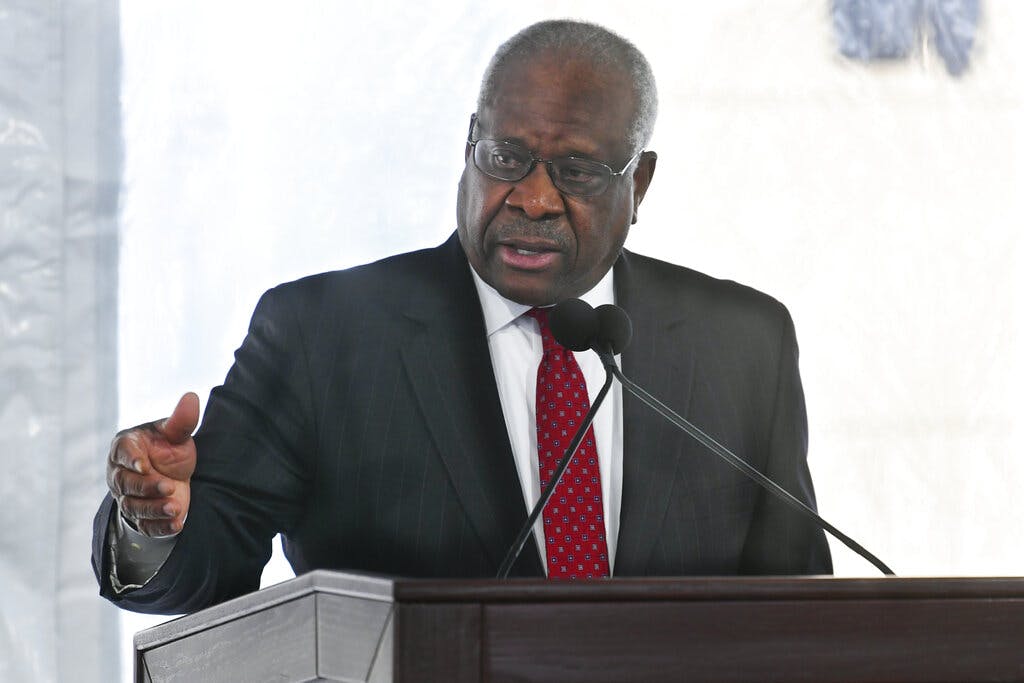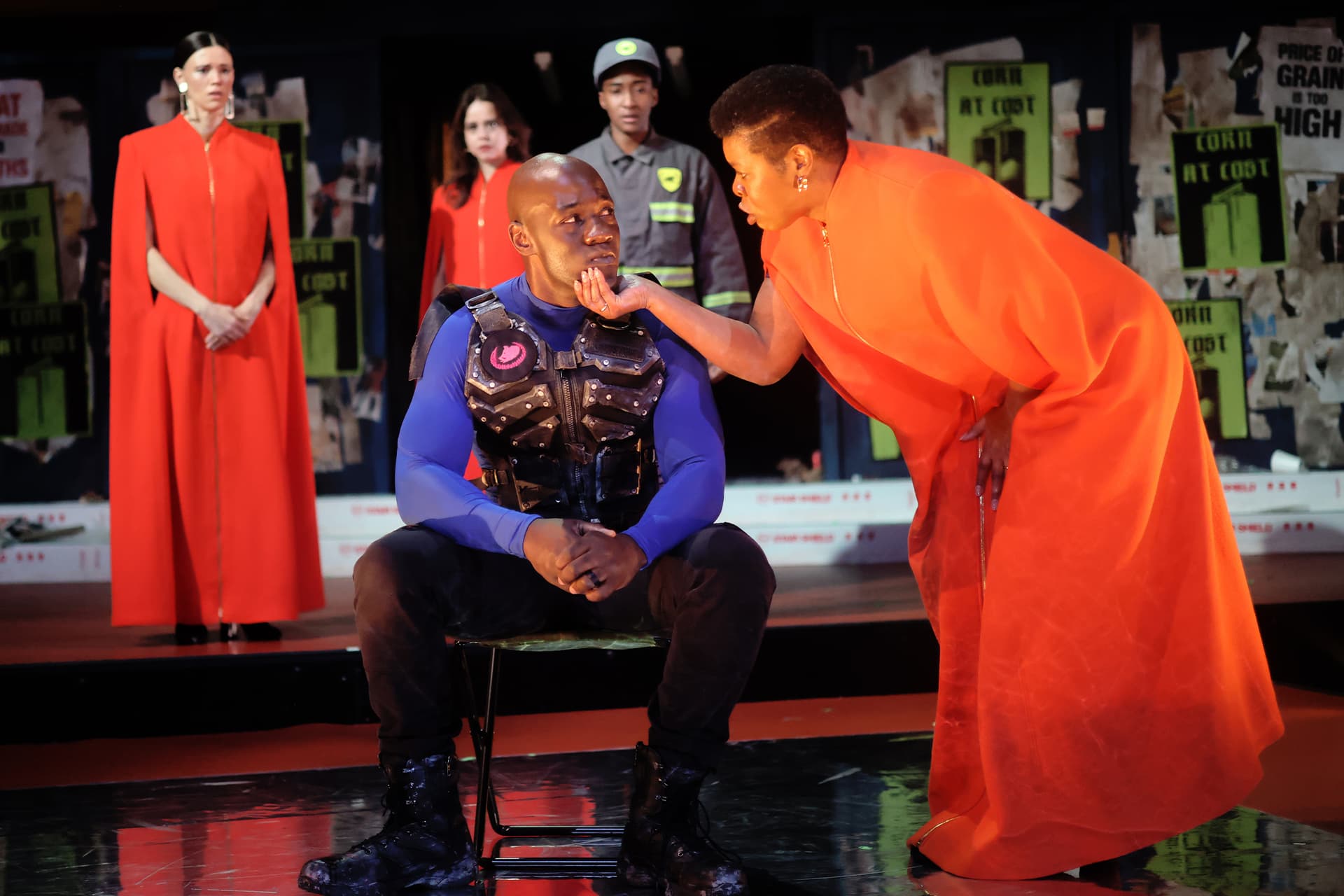
Homeland Security Shutdown Looks Set To Drag On, Bringing New Headaches for Air Travelers
By JOSEPH CURL
|‘It’s theoretically conceivable that he could be investigated but extremely unlikely as a matter of practical opinion,’ a legal expert tells the Sun.

Already have a subscription? Sign in to continue reading

By JOSEPH CURL
|
By VERONIQUE de RUGY
|
By ELYSA GARDNER
$0.01/day for 60 days
Cancel anytime
By continuing you agree to our Privacy Policy and Terms of Service.